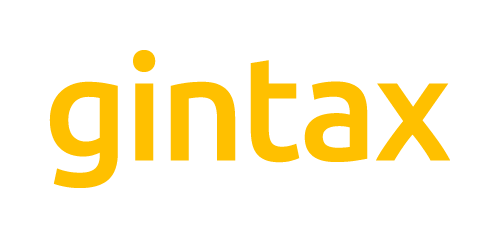Ireland’s Finance Bill was published on Thursday 19 October. As anticipated the new EU rules are included, meaning changes to the operation of EIIS tax relief. These changes will have effect from 1 January 2024 so will have no impact on current funding rounds i.e. fund raises up to 31 December 2023. Here are the changes:
Investor tax relief
From 1 January 2024, the level of investor tax relief will be dependant on categorisation of the funding round in the company (broadly whether it is initial, expansion or follow on). Currently there is no distiction in tax relief and relief at 40% rate would generally be available for all investors - assuming they have sufficient income at that rate. This is the most significant change to the scheme in years and along with impacting the attrativeness of EIIS for investors, adds further complication.
On the positive side, there is a new 50% rate of tax relief but this will only apply where the company has not been operating in any market. This is a welcome enhancement and should increase the attractiveness of investing into innovative/R&D companies as such investments are by their nature, high risk.
The other rates vary from 20% to 35% and in brief:
30% rate to apply where an investment is via a specified Fund.
35% rate to apply where the investment is regarded as “initial risk finance”. The new EU definition here refers to a company which is within 7 years of first commercial sale/10 years of incorporation. These terms are also to be introduced into Irish law. However, the Irish rules also define initial risk finance as essentially the first share issue by the company. Funding rounds after the initial raise of finance would then be regarded as “follow on risk finance”. Thus on the face of it, companies which have raised money previously would not now qualify for the 35% rate – such rounds could be within the “follow-on risk finance” category.
20% rate to apply for “expansion risk finance” – this is investment required for a new economic activity, where certain turnover conditions are met. Previously, such funding needed to be for a new product or geographic market.
20% rate to apply for follow-on risk finance.
Other changes
Increase overall lifetime EIIS raise limit to €16.5m and annual (12 month) limit to €5.5m
Preferential shares are no longer permissible for direct investments, but such share issue might still be possible for Fund investments.
The turnover test is relaxed for “expansion risk finance” in cases the investment significantly improves the company’s environmental performance or for other environmentally sustainable investments.
Small change (again EU driven) re the critical Business Plan and follow on risk finance must now be ‘provided for’ rather than merely ‘foreseen’. It is probable that the view of Irish Revenue would have been the former in any case.
The introduction of the Budget Day “enhancement” which facilitates a €250,000 plus investment to qualify for the four year lock-in period, rather than seven years (with overall annual limit of €500,000 to remain).
What’s next
While the changes are very much ‘forced’ on Irish Governtment via EU regulations there is no doubt that the law as drafted adds further complexity to an already cumbersome set of rules.
What certainly will be welcome is the proposed review of the scheme in early 2024, as promised in the Budget Day speech to “focus on the potential for further simplification of the scheme, while taking account of the conditionality imposed by the EU General Block Exemption Regulation.”
The prior review in 2021 did not result in any ‘gamechanger’ simplification measures for companies; however, there could be some easy wins here such as a template Business Plan - which would not even require a law change. There will also need to be engagement on the definitions of finance categories (initial, expansion or follow on).



